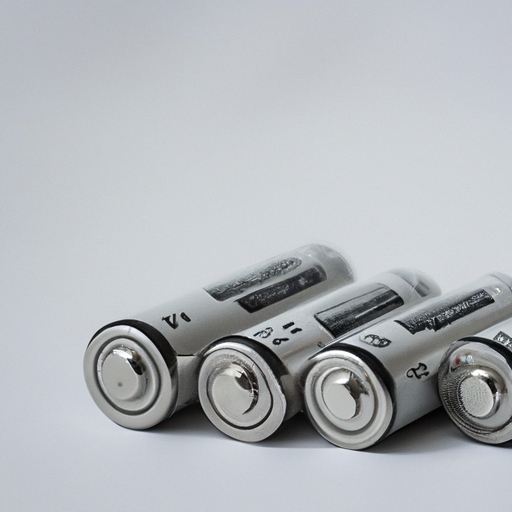Button batteries, also known as coin cell batteries, are small, round batteries commonly used in a variety of electronic devices. These batteries are typically made of lithium, silver oxide, or alkaline materials and are designed to provide power to devices such as watches, calculators, remote controls, and small electronic toys.

One of the main concerns with button batteries is the risk of ingestion, particularly in young children. These small batteries can easily be mistaken for candy or other small objects, leading to accidental ingestion. When swallowed, button batteries can become lodged in the esophagus or stomach, causing serious internal burns and potentially life-threatening injuries.
In addition to the risk of ingestion, button batteries can also pose a danger if they come into contact with moisture or are improperly stored. When exposed to moisture, button batteries can leak corrosive chemicals, leading to damage to the device they are powering and potentially causing harm to the user.
To prevent these risks, it is important to handle button batteries with care and store them in a safe place out of reach of children. It is also important to be aware of the signs of battery ingestion, such as difficulty breathing, vomiting, or abdominal pain, and seek medical attention immediately if ingestion is suspected.
Despite the potential risks associated with button batteries, they continue to be a popular choice for powering small electronic devices. Manufacturers are constantly working to improve the safety of these batteries, with some models now featuring child-resistant packaging and warning labels to alert consumers to the potential dangers.
In conclusion, button batteries are a convenient and reliable power source for many electronic devices. However, it is important to handle these batteries with care and be aware of the potential risks they pose, particularly when it comes to ingestion. By following proper safety precautions and being vigilant, consumers can continue to enjoy the convenience of button batteries while minimizing the risks associated with their use.
Button batteries, also known as coin cell batteries, are small, round batteries commonly used in a variety of electronic devices. These batteries are typically made of lithium, silver oxide, or alkaline materials and are designed to provide power to devices such as watches, calculators, remote controls, and small electronic toys.

One of the main concerns with button batteries is the risk of ingestion, particularly in young children. These small batteries can easily be mistaken for candy or other small objects, leading to accidental ingestion. When swallowed, button batteries can become lodged in the esophagus or stomach, causing serious internal burns and potentially life-threatening injuries.
In addition to the risk of ingestion, button batteries can also pose a danger if they come into contact with moisture or are improperly stored. When exposed to moisture, button batteries can leak corrosive chemicals, leading to damage to the device they are powering and potentially causing harm to the user.
To prevent these risks, it is important to handle button batteries with care and store them in a safe place out of reach of children. It is also important to be aware of the signs of battery ingestion, such as difficulty breathing, vomiting, or abdominal pain, and seek medical attention immediately if ingestion is suspected.
Despite the potential risks associated with button batteries, they continue to be a popular choice for powering small electronic devices. Manufacturers are constantly working to improve the safety of these batteries, with some models now featuring child-resistant packaging and warning labels to alert consumers to the potential dangers.
In conclusion, button batteries are a convenient and reliable power source for many electronic devices. However, it is important to handle these batteries with care and be aware of the potential risks they pose, particularly when it comes to ingestion. By following proper safety precautions and being vigilant, consumers can continue to enjoy the convenience of button batteries while minimizing the risks associated with their use.